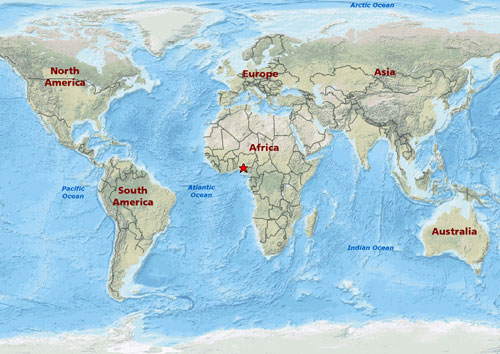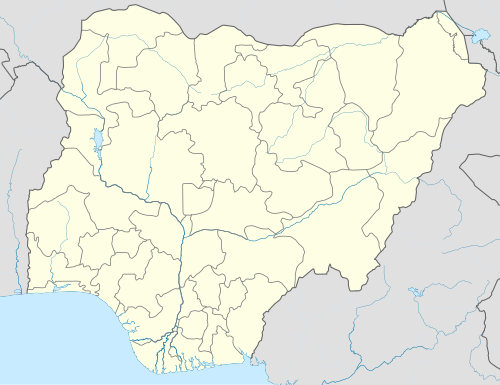The descendants of Eri are a diverse and widespread group. They are found in many parts of Nigeria, as well as in other countries in West Africa. The largest concentration of Eri descendants is in Anambra State, where the towns of Aguleri and Nri are located.
The descendants of Eri are known for their strong cultural and religious traditions. They are also known for their entrepreneurial spirit and their resilience in the face of adversity.
Some of the most notable descendants of Eri include:
- Nri Eze Nri Chukwuka Okeke: The first Eze Nri, or king of Nri, was Eri's grandson. He is credited with establishing the Nri dynasty, which was a powerful religious and political force in Igboland for centuries.
- Agulu Ezeora: The current Ezeora of Aguleri is a direct descendant of Eri. He is the spiritual leader of the Aguleri people and is responsible for maintaining the traditions and culture of the town.
- Nnamdi Azikiwe: Azikiwe was a prominent politician and one of the founding fathers of Nigeria. He was also a descendant of Eri.
- Chinua Achebe: Achebe was a renowned author who wrote some of the most important works of African literature. He was also a descendant of Eri.
The descendants of Eri continue to play an important role in Igboland today. They are leaders in business, politics, and culture. They are also active in preserving the traditions and culture of the Igbo people.
Here are some of the towns and villages that are believed to be founded by the descendants of Eri:
- Aguleri
- Nri
- Igbariam
- Amanuke
- Nteje
- Ogbunike
- Umuleri
- Nando
- Ogboli in Onitsha
These towns and villages are all located in Anambra State, Nigeria. They are home to a large number of Eri descendants, and they continue to play an important role in the cultural and religious life of the Igbo people.








Comments
Post a Comment